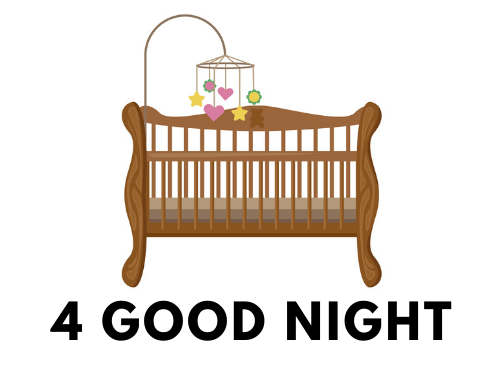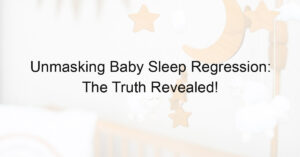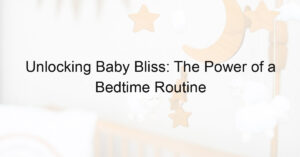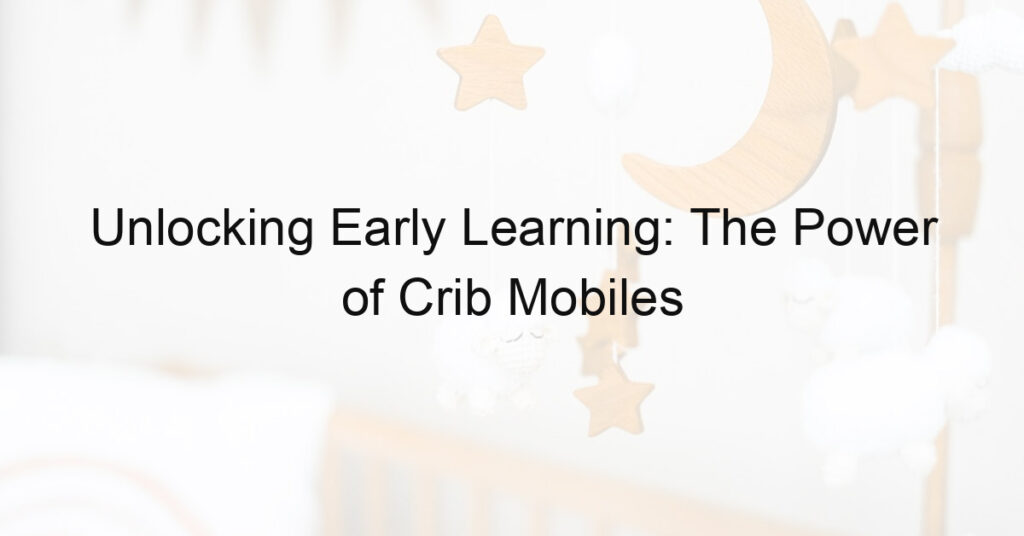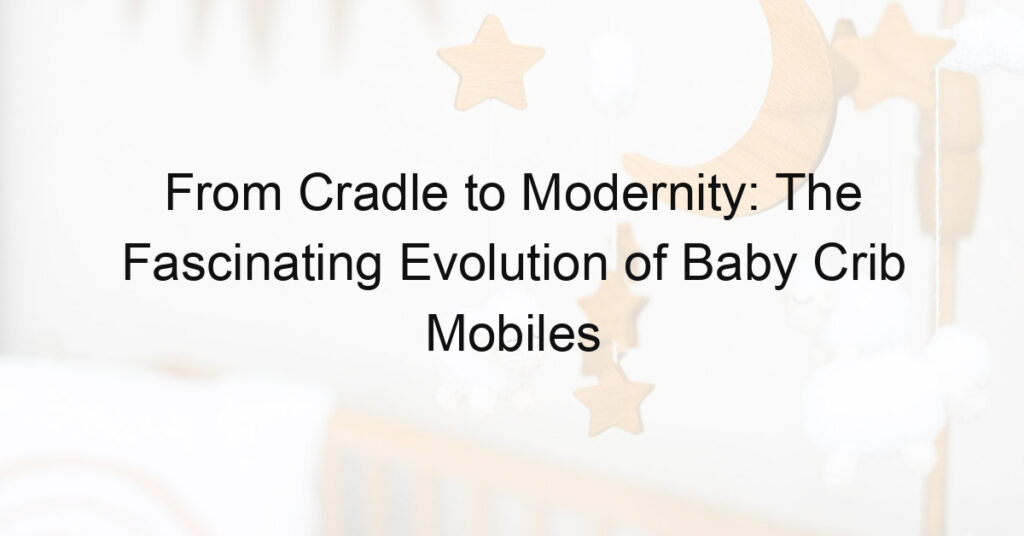No, the witching hour is not the same as colic. Witching hour usually refers to a period between late afternoon and early evening when some babies seem more fussy than usual.
This period typically occurs every day during a baby’s first few months.
Colic is a gastrointestinal disorder that affects infants and can cause inconsolable crying, abdominal pain, bloating, and constipation.
Colic can occur at any time of the day or night and can last for hours. It often begins around 6 weeks old and peaks at 8-10 weeks old before resolving on its own at 3-4 months old.
Understanding the difference between colic and witching hour is important because it helps parents identify the signs and symptoms of colic and get their babies the help they need.
If your baby is exhibiting signs of colic, it’s important to talk to your healthcare provider immediately. They can provide medications or therapies that may help relieve your baby’s symptoms.
It is also important to remember that both witching hour and colic are completely normal phenomena in newborn babies and will go away over time.
With patience and support from family, friends, and professionals, parents can manage these periods more effectively. Knowing what to expect during a typical day with a newborn can make all the difference!
How Long Do Babies Go Through the Witching Hour?
The witching hour typically occurs every day starting at the same time, usually around 6 pm.
It can last anywhere from a few minutes to several hours each day.
In general, it is most common between 4-6 weeks old and dissipates by 3-4 months old when babies start to gain more control over their sleeping patterns.
Some babies may also experience witching hours in the early mornings as well, with symptoms lasting until mid-morning.
Witching hour may come back on occasion until about 9 months old before it goes away for good.
As long as your baby is healthy and not showing signs of colic, it’s likely that they are just going through a normal period of fussiness associated with the witching hour.
Knowing when to expect it can help you prepare and plan for your day accordingly.
What Causes Baby Witching Hour?
The exact cause of the witching hour is not known, but it’s thought to be related to a baby’s sleep cycle or circadian rhythm.
During this period, babies may experience increased sensitivities due to fatigue and overstimulation.
Additionally, some babies may just be extra fussy during this time of day due to hunger or other needs that need attention.
Parents should take time during these episodes to soothe their babies by providing them with comfort such as rocking, cuddling, and singing lullabies.
Keeping the environment calm and quiet can also help reduce stress in your baby.
If your baby has been through a lot of activity throughout the day they may benefit from having some restful alone time before the witching hour.
Overall, the witching hour is a normal phenomenon that all babies experience as they adjust to their new environment and learn about their sleep cycles.
With patience and understanding from parents, this period can be managed more effectively.
By recognizing the symptoms of colic from regular fussiness associated with the witching hour, you will be better able to provide your baby with the care they need.
What Are the Signs of Colic?
Colic is much more severe than normal baby fussiness associated with the witching hour.
The main difference between colic and the witching hour is that colic usually lasts for several hours, often starting at around 6-8 weeks old and continuing until 3-4 months old.
It can happen in the evenings, but it can also occur during the day or night.
Common signs of colic include inconsolable crying that cannot be soothed, abdominal pain and bloating, clenched fists, red face, loss of appetite or refusal to eat, arching back while crying, difficulty sleeping, straining or pushing as if having a bowel movement even though there isn’t one present.
If your baby exhibits these symptoms, it’s important to contact you
If your baby is exhibiting signs of colic, such as inconsolable crying or abdominal pain and bloating, it is important to contact your healthcare provider immediately.
They can provide medications or therapies that may help relieve your baby’s symptoms.
How Do You Soothe Your Baby in the Witching Hour?
The best way to soothe your baby during the witching hour is to be patient and understanding.
Try rocking, cuddling, swaddling, singing lullabies, and providing a pacifier or a bottle if breastfeeding has been ruled out as the cause of fussiness.
Additionally, dimming lights and playing white noise can help create an environment that is more conducive to sleep.
If your baby seems overly stimulated from the day’s activities, it may also help to give them some restful alone time before the witching hour.
Overall, knowing what to expect during the witching hour can help parents prepare better for these periods and provide their babies with the comfort they need.
With patience and understanding from parents, the witching hour can be managed more effectively.
However, it is important to note that if your baby exhibits signs of colic, you should contact your healthcare provider immediately for further assistance.
Are There Any Proven Home Remedies for Colic?
Yes, some home remedies may help soothe your baby with colic.
They include giving the baby a warm bath or massage, employing gentle rocking motions, swaddling them tightly in a blanket, and providing white noise to soothe the baby.
You can also give them gripe water made up of natural ingredients such as ginger and fennel that may help reduce gas and abdominal pain.
It is important to note that these remedies should not take the place of medical advice from your healthcare provider.
Also, if your baby has diarrhea or fever it’s best to consult with a doctor right away as these can be signs of an underlying medical condition.
Overall, parents need to be aware of the differences between the regular fussiness associated with the witching hour and colic, as well as how to properly manage both.
With patience and understanding from parents, these periods can be managed more effectively.
By recognizing the symptoms of colic from regular fussiness associated with the witching hour, you will be better able to provide your baby with the care they need.
If your baby is exhibiting signs of colic, it’s important to contact your healthcare provider immediately for further assistance.
Good Luck
